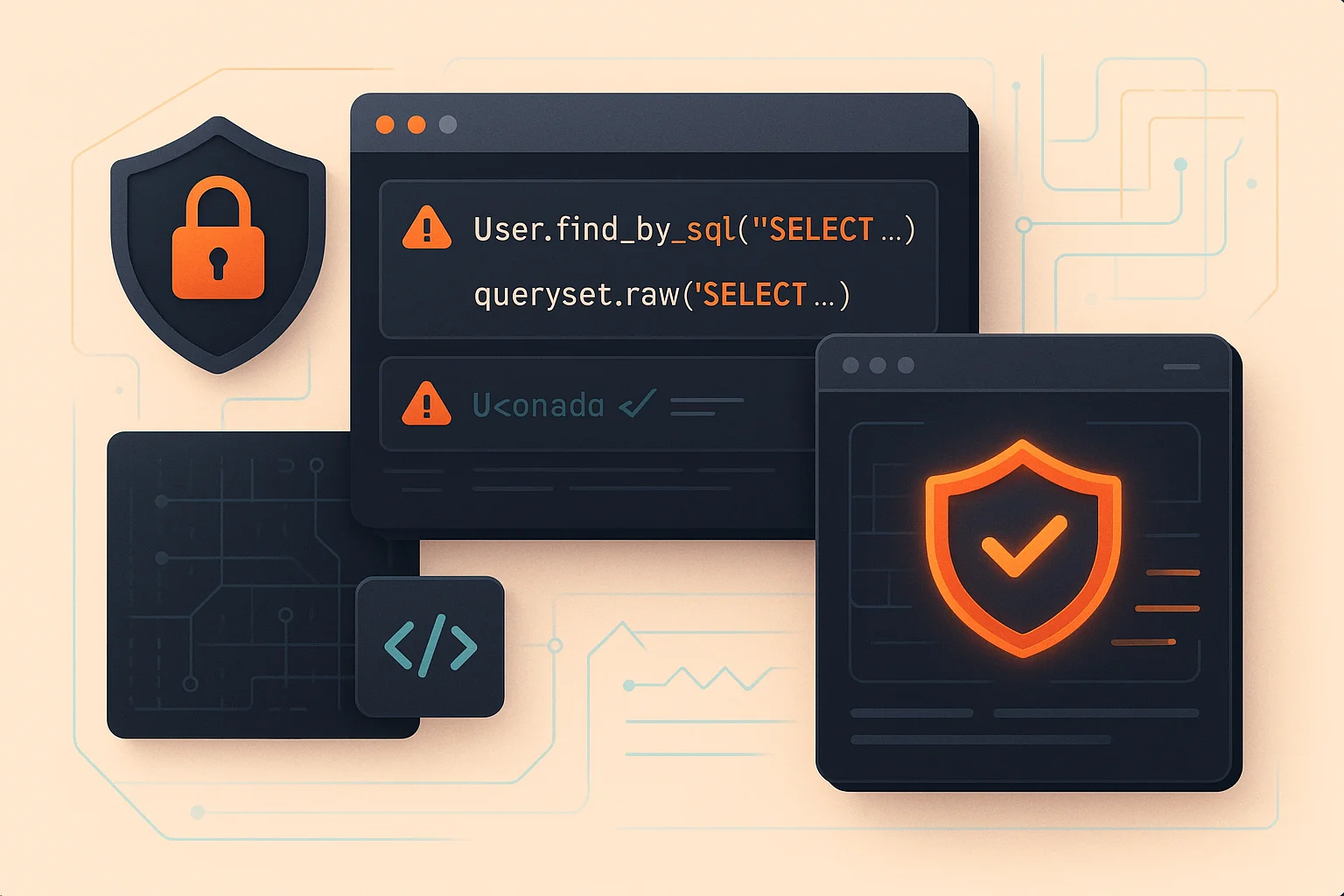Open Source AI Models for Enterprise Code Review: Security Considerations

Quick answer
Enterprises wanting airtight data control should run open-source AI reviewers (Llama 3.3, DeepSeek, Qwen) on-prem. Cloud APIs offer convenience but raise residency and retention questions. Propel supports both paths: deploy it inside your VPC with self-hosted models or connect to managed APIs while enforcing policy-level safeguards.
The debate is not just performance—it is risk tolerance. Financial, healthcare, and defence orgs need deterministic data flows and audit trails. Startups may accept hosted AI if it means faster iteration. We break down the trade-offs so security teams and engineering leads can align.
Threat model considerations
- Data residency: Regulations may require source code to stay in-region or on-prem.
- Retention policies: Some APIs retain prompts for training or debugging.
- Supply-chain risk: Model updates from vendors can introduce regressions or vulnerabilities.
- Audit requirements: SOC2, HIPAA, and SOX demand traceability of who saw code and when.
Open-source AI review stack
Models to evaluate
- Llama 3.3 70B Instruct: strong reasoning, multi-language support.
- DeepSeek R1 Distill: excels at bug finding with low latency.
- Qwen 2.5 Coder 32B: performant on TypeScript/Java services.
Required infrastructure
- GPUs (A100/H100) or high-memory CPUs with GGUF quantisation.
- Inference gateways (vLLM, SGLang) with autoscaling.
- Observability stack to monitor latency, token usage, and failures.
Cost comparison: cloud vs self-hosted
| Scenario | Monthly volume (reviews) | Cloud API cost | Self-host cost* |
|---|---|---|---|
| Mid-size SaaS | 2,000 | $9k (Claude/GPT-4 mix) | $6.5k (2 x A100 lease + ops) |
| Large enterprise | 10,000 | $32k | $18k (4 x H100, redundancy) |
*Self-host estimate includes GPU lease, inference infra, and 1 FTE SRE allocation.
Compliance alignment
- HIPAA / Healthcare: Use on-prem deployments; disable prompt logging; encrypt PHI at rest.
- SOX / Finance: Require immutable audit trails; Propel records every review decision and ensures separation of duties.
- GDPR: Ensure European data stays in-region; self-host or EU-based clouds.
- FedRAMP: Deploy inside GovCloud with FIPS-validated encryption.
Hybrid strategies
Many enterprises blend approaches: keep proprietary services on self-hosted models while leveraging cloud APIs for public repos or exploratory analysis. Propel routes reviews to the appropriate backend based on repository tags and risk profiles.
Implementation checklist
- Involve security, compliance, and platform teams early.
- Document data flow diagrams for auditors and legal review.
- Set up secrets management and zero-trust access to inference endpoints.
- Plan rolling model updates with regression testing and rollback strategy.
- Integrate Propel on top to enforce severity policies, monitor performance, and provide a unified reviewer experience regardless of where models run.
Ready to Transform Your Code Review Process?
See how Propel's AI-powered code review helps engineering teams ship better code faster with intelligent analysis and actionable feedback.

